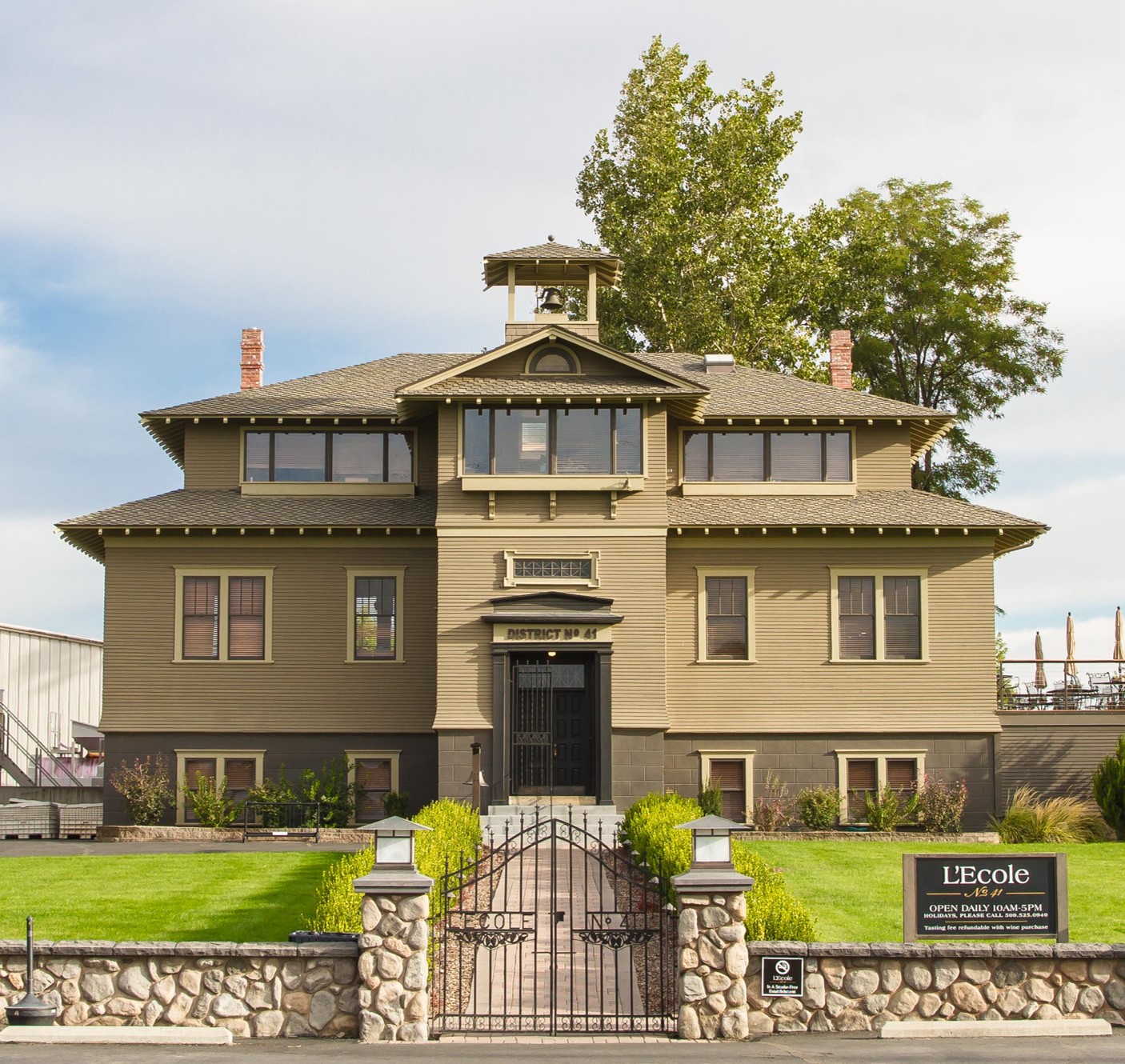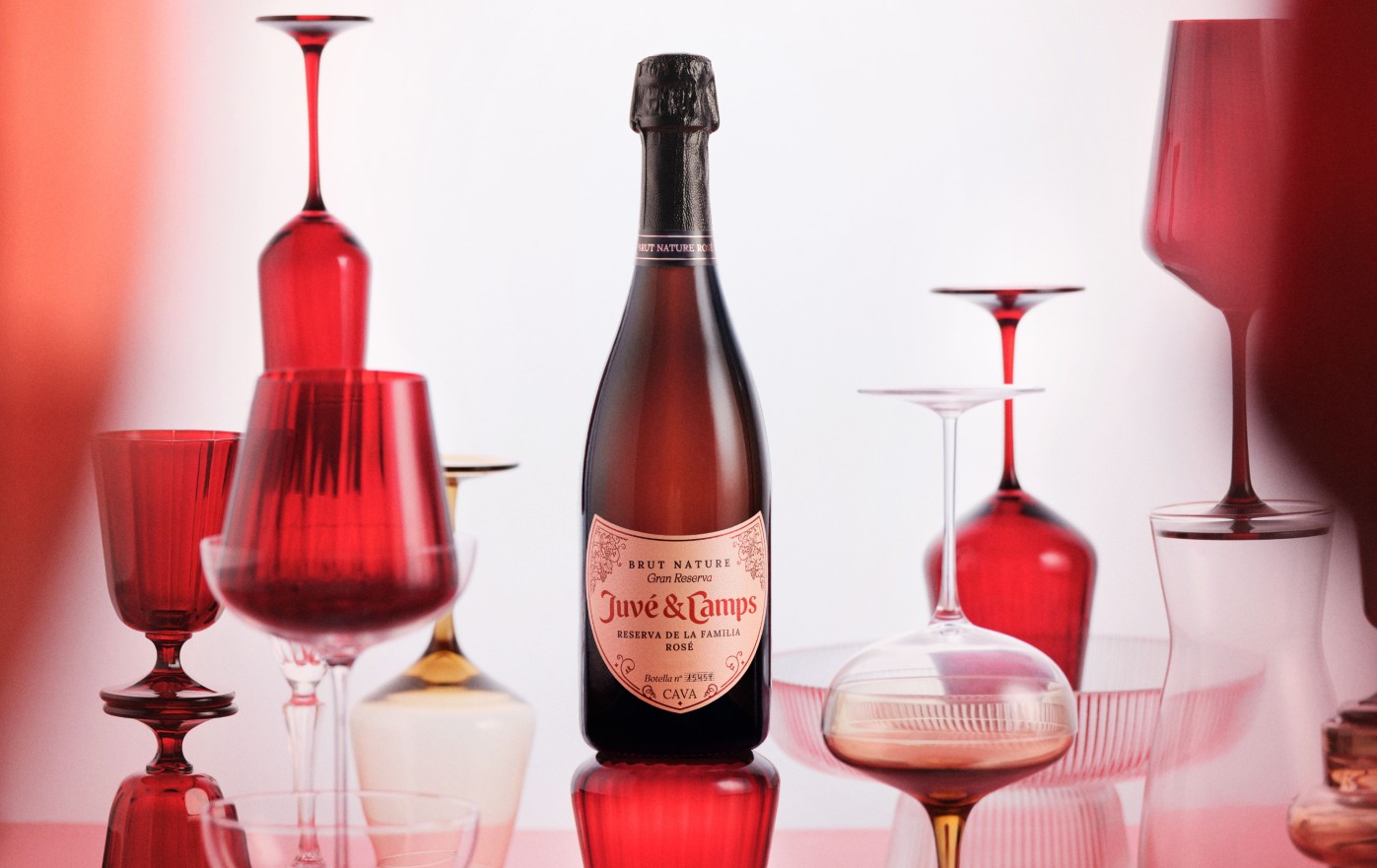Treasury wine deal ‘a premium plan’
Treasury’s deal to buy Diageo’s wine unit is evidence of its strategy to build prestige in the US, but the long term goal could be to sell-on Blossom Hill along with its lower-end Aussie brands.
Australia’s Treasury Wine Estates, the world’s leading independent winemaker, is buying most of Diageo’s US and British wine interests for £331 million.
The brands included in the sale include Beaulieu Vineyards, Sterling Vineyards, Provenance and Hewitt. They also include Blossom Hill, Britain’s second best-selling wine brand, which is bottled in Italy.
In its latest financial year, Diageo’s wine interests generated sales of about $470m, with about 80% coming from luxury and “masstige” lines (mass prestige wines over $10). The US vineyards produced some 4 million cases while the UK interests accounted for about 5 million cases sold in almost 30 countries.
The deal was constructed by Michael Clarke, the British-born chief executive of Treasury, brought in last year to rethink the Australian group’s strategy after a series of financial disasters.
Notably, these included a previous failure to penetrate the United States when owned by Fosters, the beer group, when it bought Beringer at the top of the market. Eventually, Treasury was forced to destroy thousands of cases of low-end wine and take a $200m hit in writedowns. That prompted takeover bids from US private capital groups, which Clarke rebuffed.
As part of his strategy Clarke has decided to switch from chasing volume at the expense of margins and focus on the more profitable “masstige” end of the US wine market, which consumes more product than it can produce. Diageo has a portfolio of 80 percent “masstige” and luxury labels in the US.
“This acquisition is highly complementary to our premiumisation strategy, not just in the United states but globally,” Clarke said.”This is an incredible price. This is cash positive from year one, including one-off costs. There are so many positive ticks to why we should be doing this,” he added, adding that the company was now growing so fast in the United States that it needed a new bottling facility.
Only two months ago Clarke announced that Asia would soon be Treasury’s biggest earnings contributor.
Already there is scepticism about Treasury adding to its US interests after its poor history there and adding to its volume wines. But this has been tempered by speculation in Sydney that this is only a first step. Brokers are theorising that Clarke had to buy Blossom Hill because Diageo would not sell the premium US vineyards alone.
They believe his plan is to package Blossom Hill with numerous Australian volume brands and spin them into a separate company which will then be sold off, leaving Treasury as a premium wine brand company based on Penfolds, Lindemanns and Rosemount Estate labels as well as the newly acquired US lines.
Cash converters
Partner Content
Wine accounted for just 4% of Diageo’s global sales last year and Ivan Menezes, the chief executive, had already ruled out expansion in the sector because of its low margins (compared with spirits) and harvest volatility. Percy Fox will pass to Treasury.
The sale to Treasury means that this year Diageo has raised some £1bn from disposals and restructuring.
Only last week it announced the sale of stakes in two Far Eastern brewers to Heineken $780.5 million while buying a 20 percent stake in Guinness Ghana Breweries from Heineken. This underlines Menezes strategy to grow Diageo’s African interests.
The question now arises about what Menezes plans to do with the extra cash in his pocket. Some suggest that the sales of peripheral interests was in preparation of a possible bid for Diageo.
It had been speculated that a global giant would want Guinness and Diageo’s other beer brands as part of the battle for global beer dominance, with the spirits brands being sold off as a standalone company. That threat has been lessened by the £68bn takeover of SAB Miller by AB InBev. But a possible offer may lurk from other brewers such as Heineken.
Menezes says: “Diageo’s strategy is to drive stronger, sustained performance through focus on our core portfolio and [the announcement of the sale to Treasury] is another element of that strategy in action. Wine is no longer core to Diageo and this sale gives us greater focus.
“With the completion of this transaction Diageo will have released £1 billion from the sale of non-core assets since the start of the financial year. This proactive portfolio approach has focused the business, enhanced our financial strength, improved our returns and strengthened the business, positioning us even more firmly to deliver our performance ambition.”
Some already wonder if Menezes’ desire to quit wine means that he has not got top dollar from Clarke, who was raving about the value of the deal to Treasury. Diageo says the proceeds will be used to pay down debt, but even so even so, Menezes now has massive firepower and could deploy it in developing strategic takeovers in niche markets.
Although the sale to Treasury is subject to regulatory approval, Diageo’s wine interests will be limited to Justerini & Brooks Wine Merchants, the Argentinian wine business of Navarro Correas, the wine brands of Mey Icki and USL, the Chalone brand and assets and the Acacia winery and vineyard.





If I am a Justerini and Brooks employee I am not enjoying reading that wine is no longer “core” to Diageo. Surely it is only a matter of time before Menezies spins that out too (if anyone would buy it).